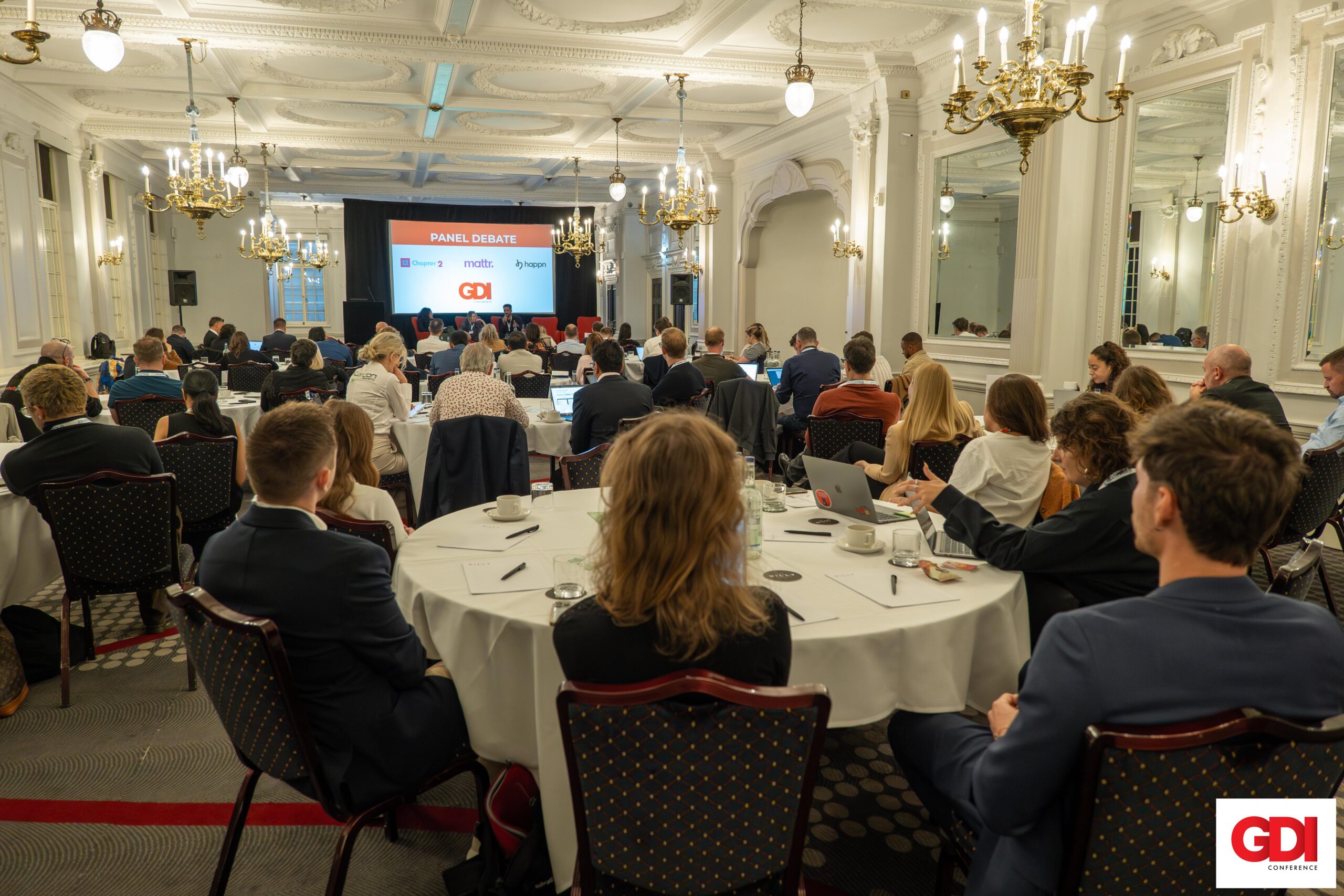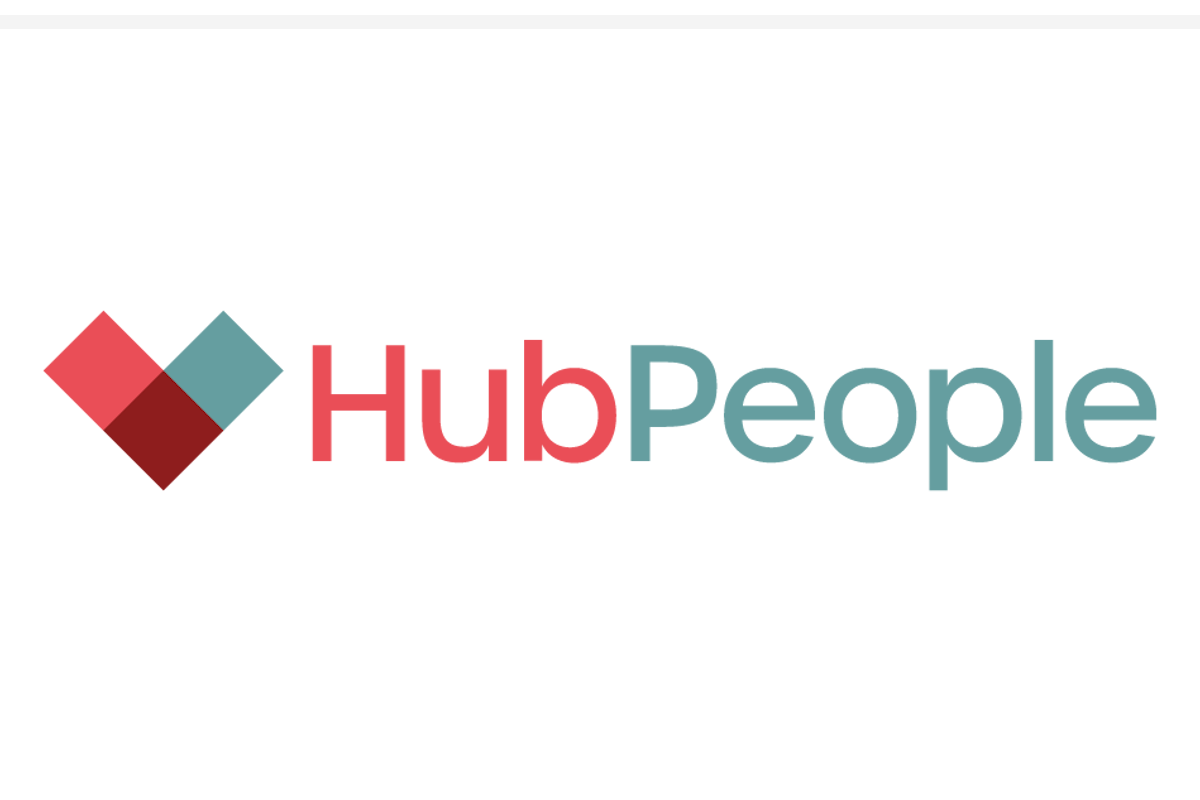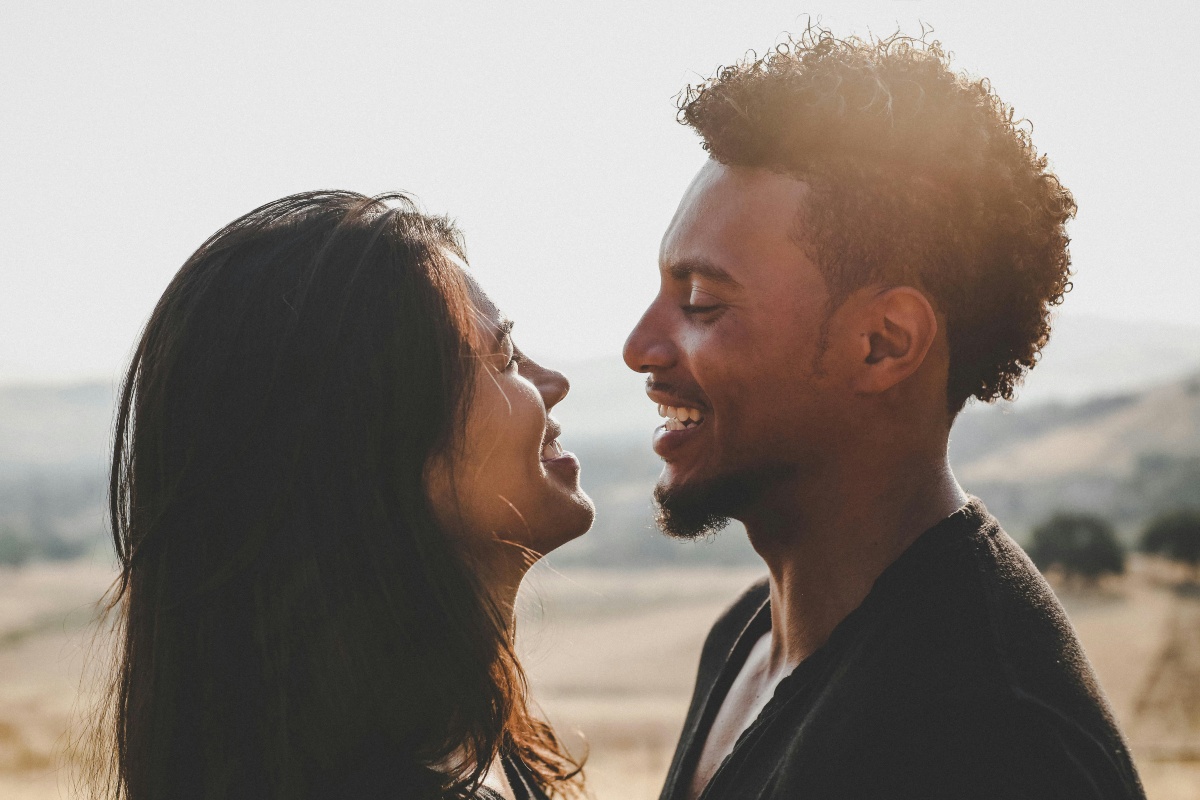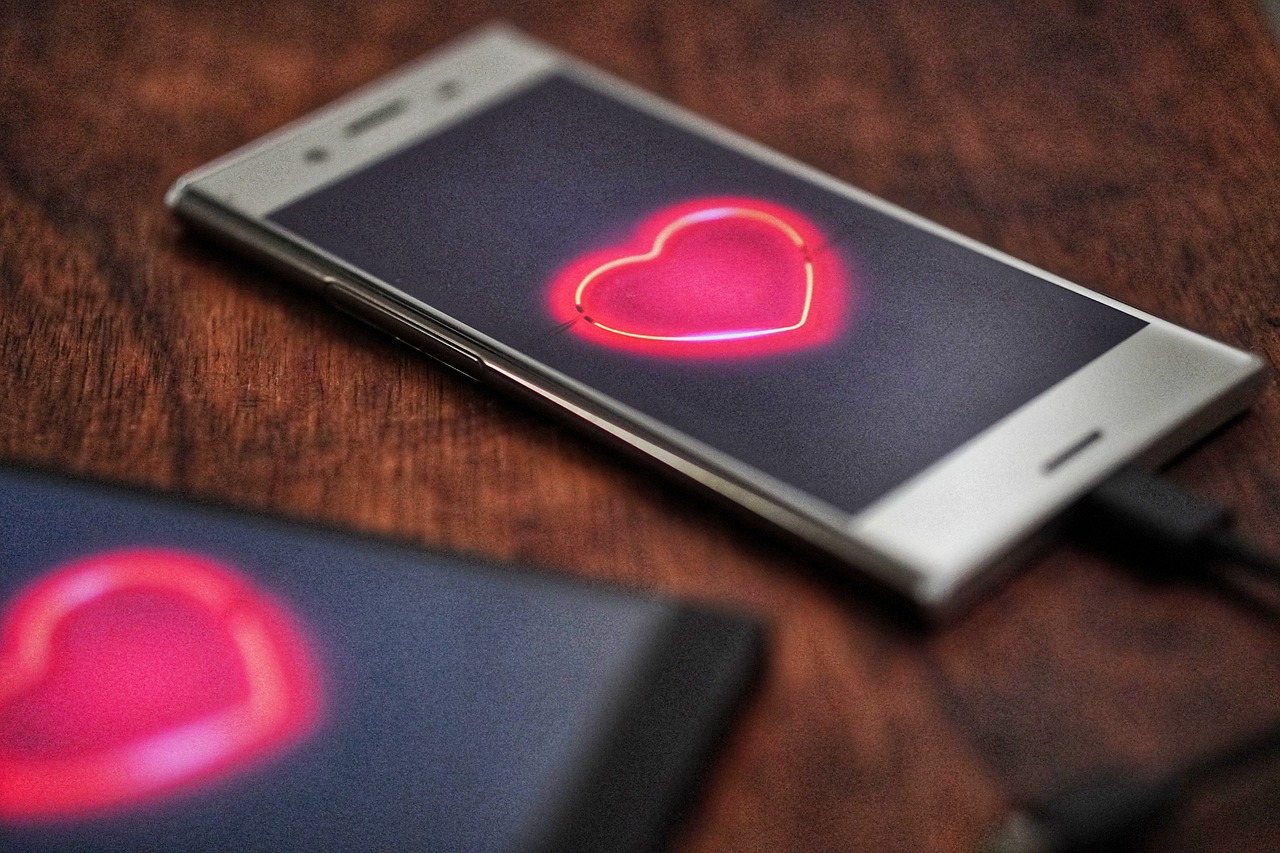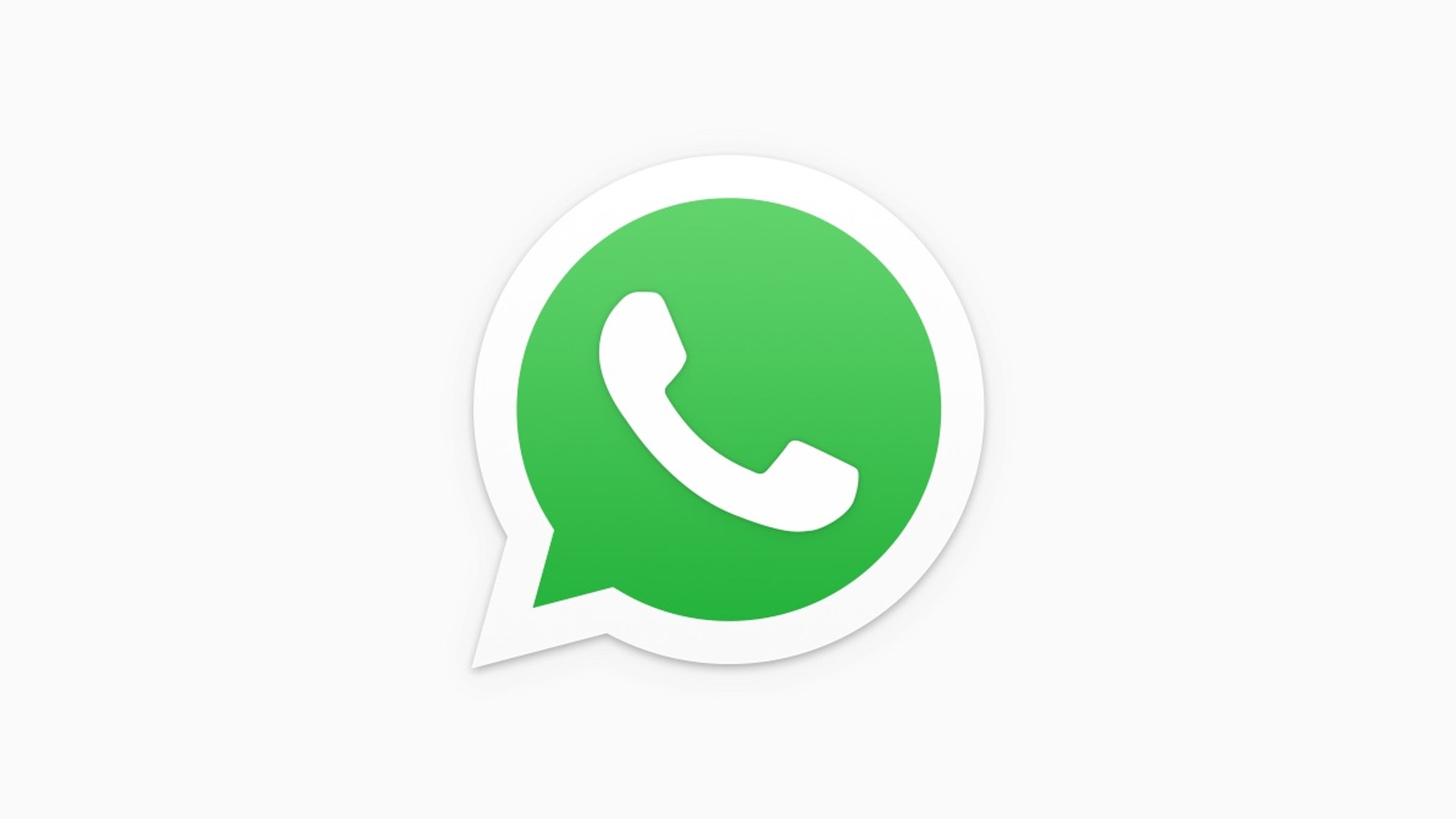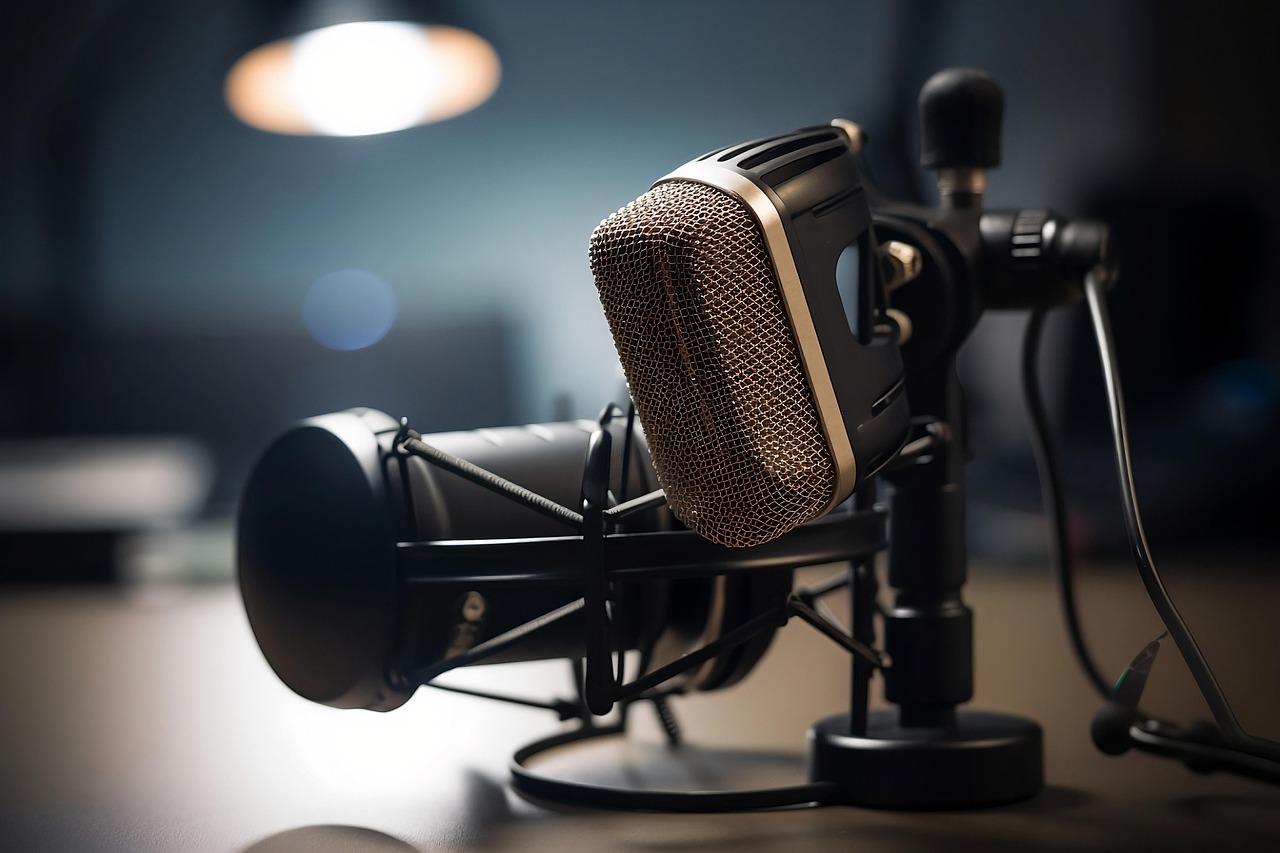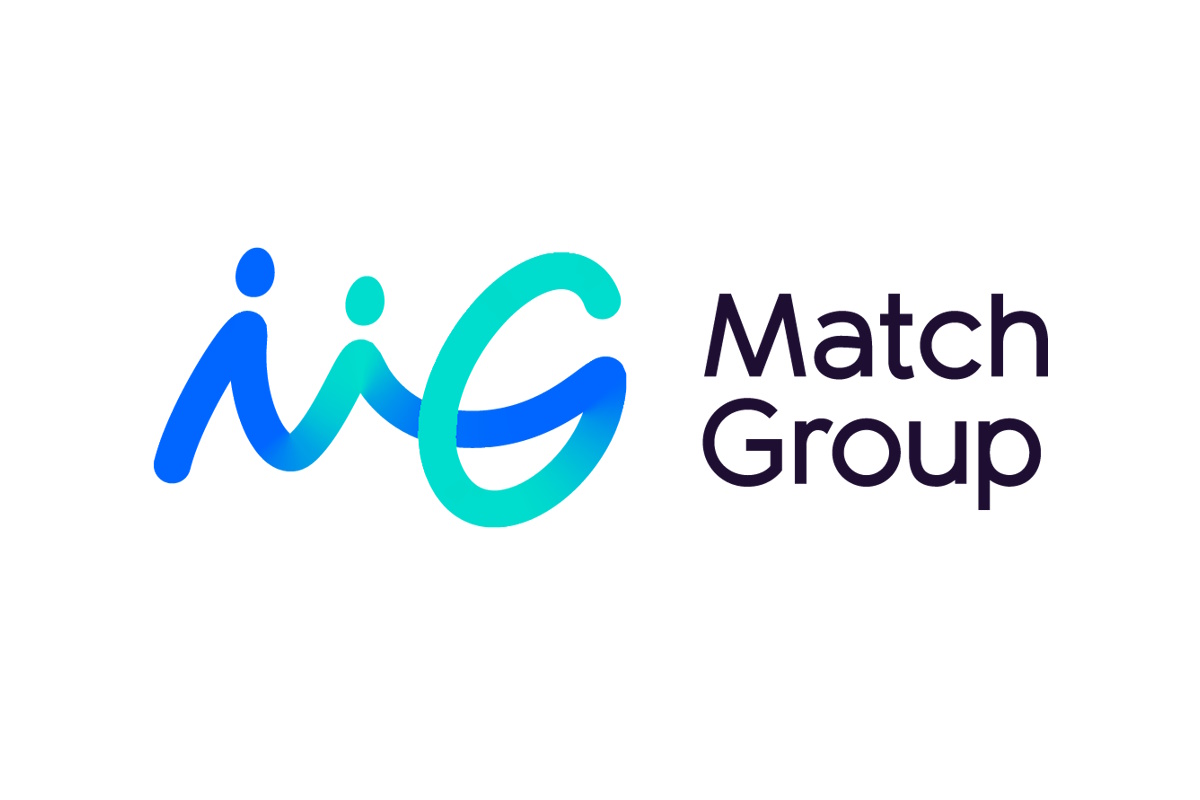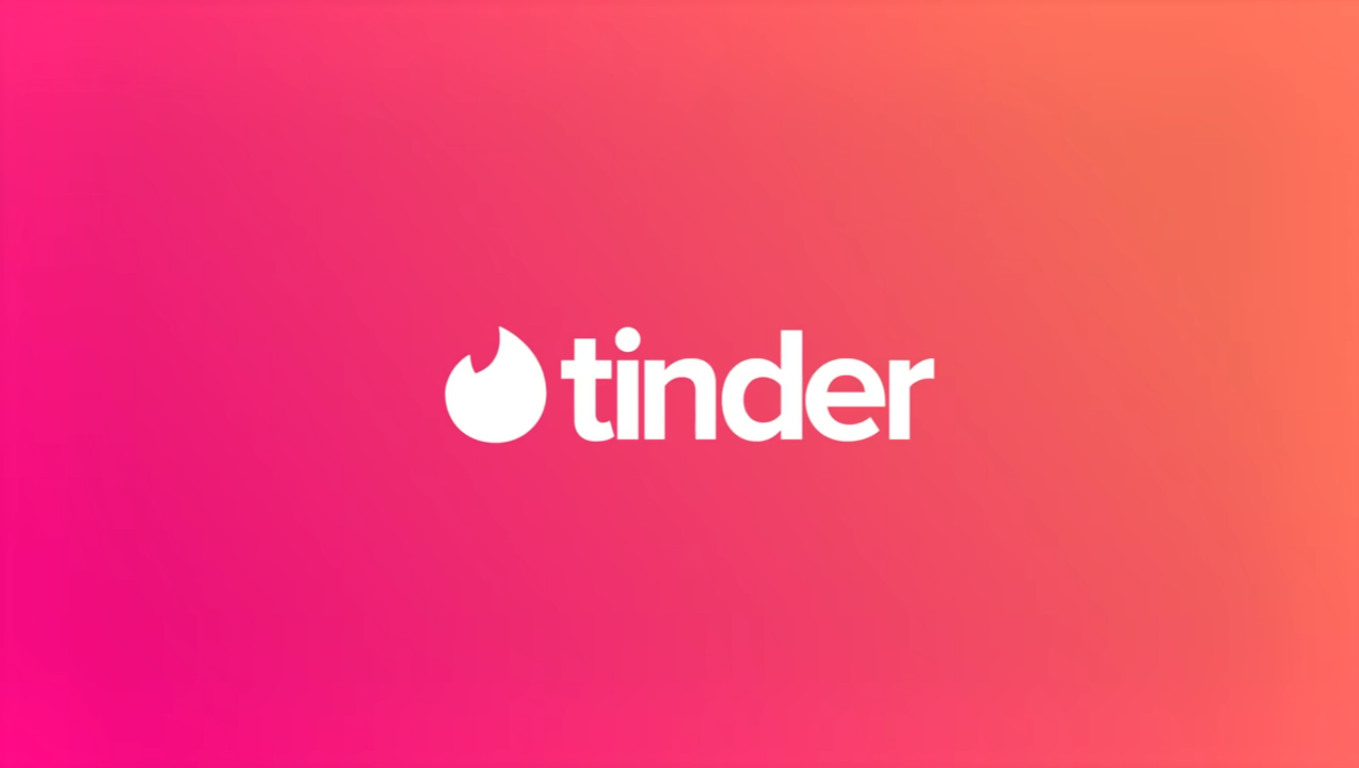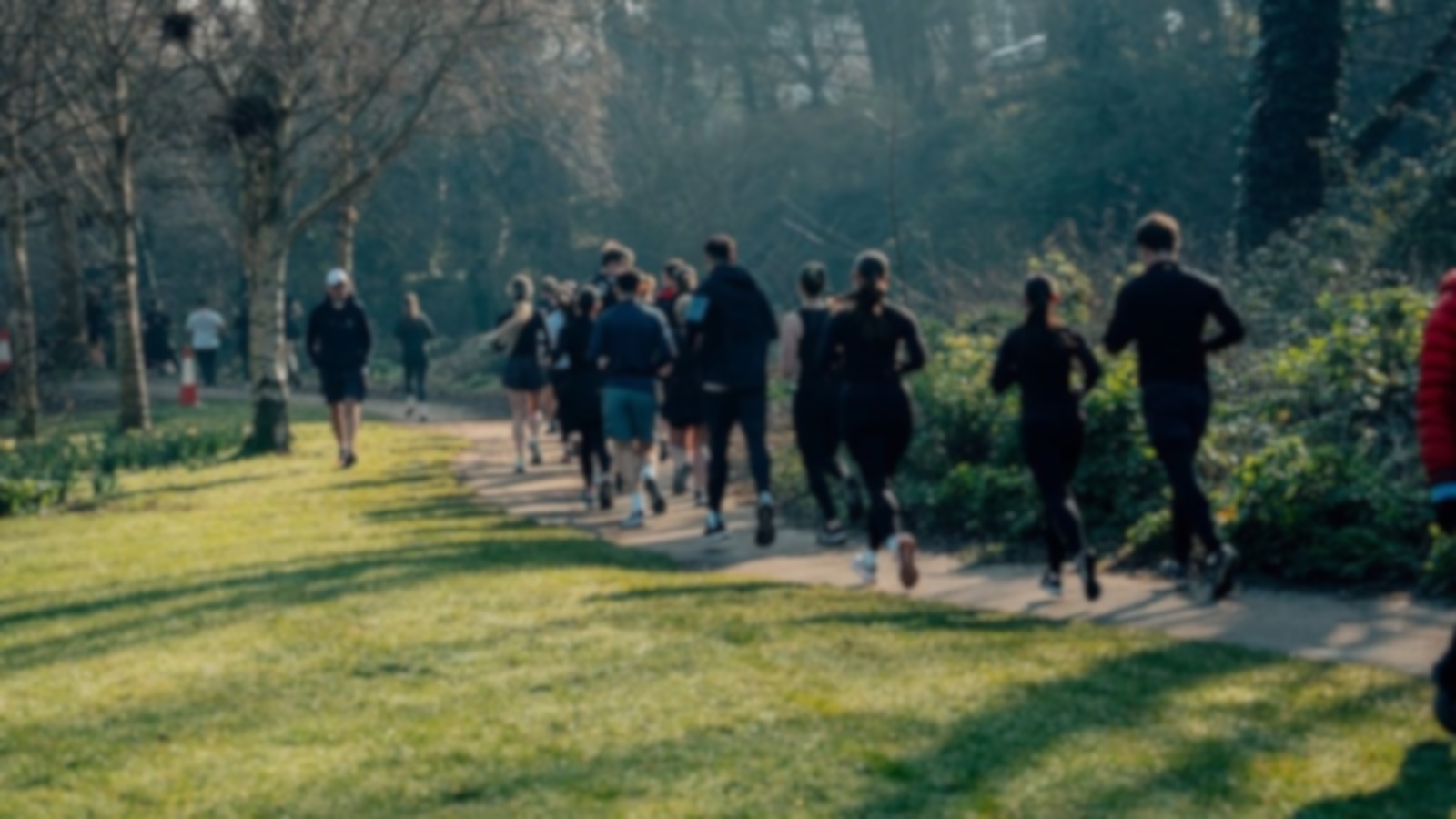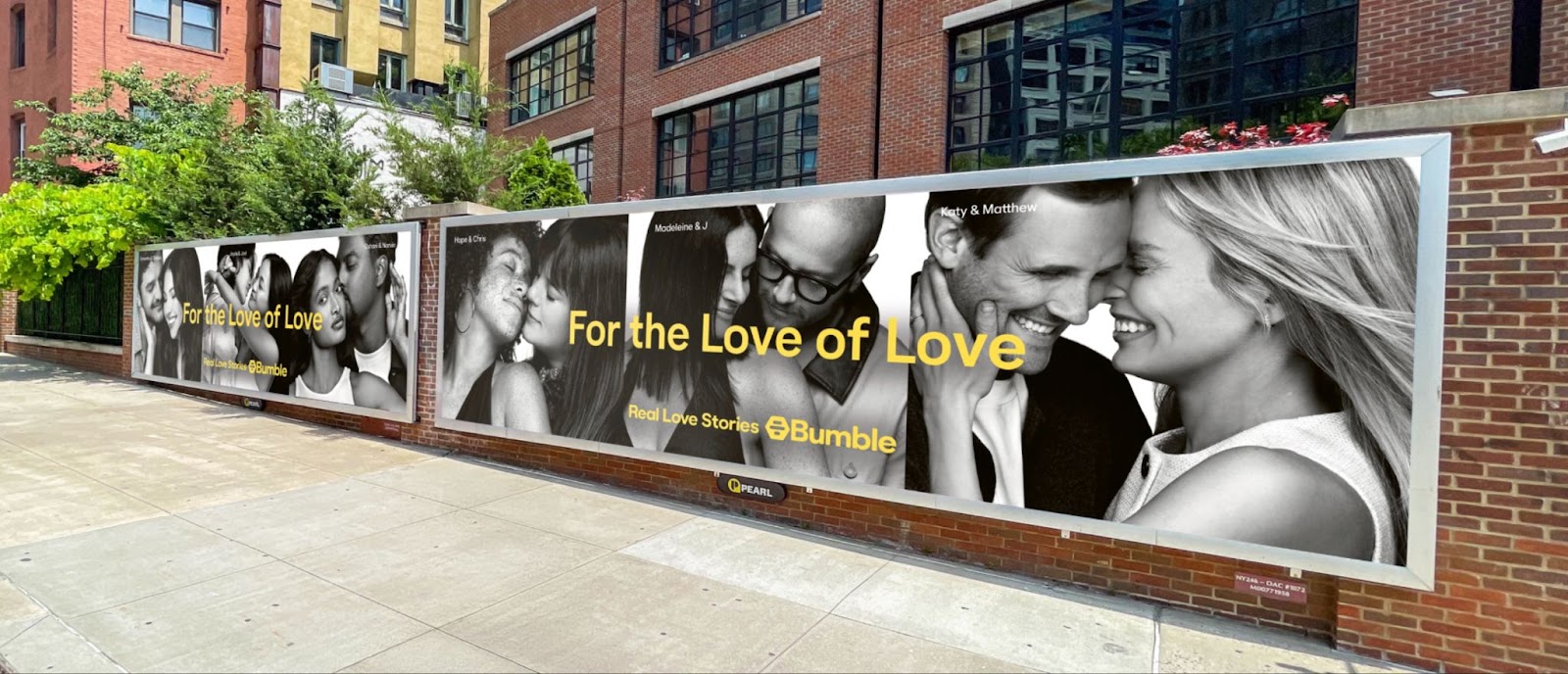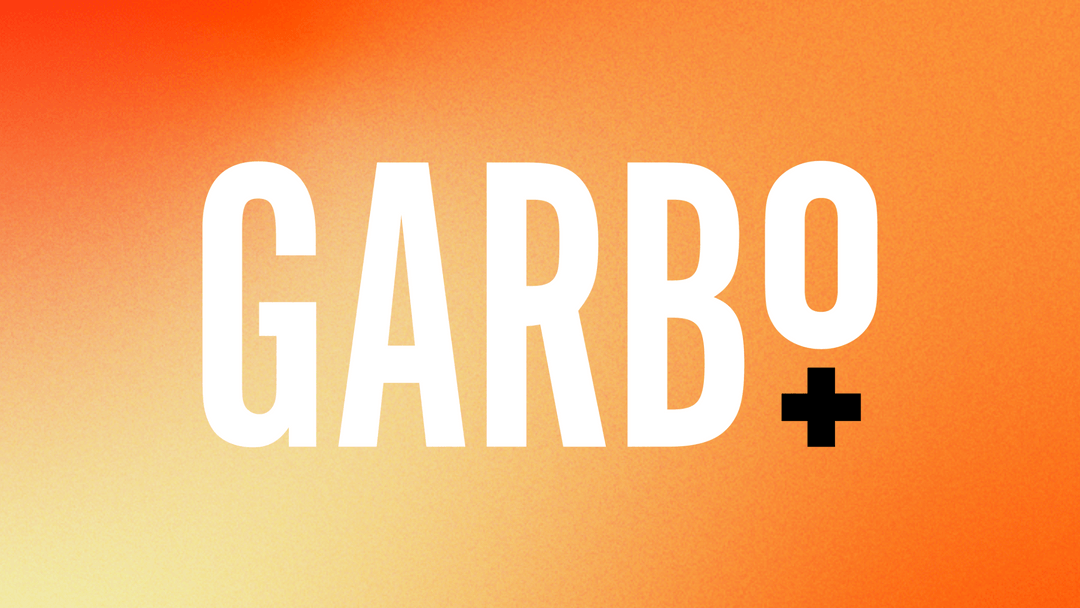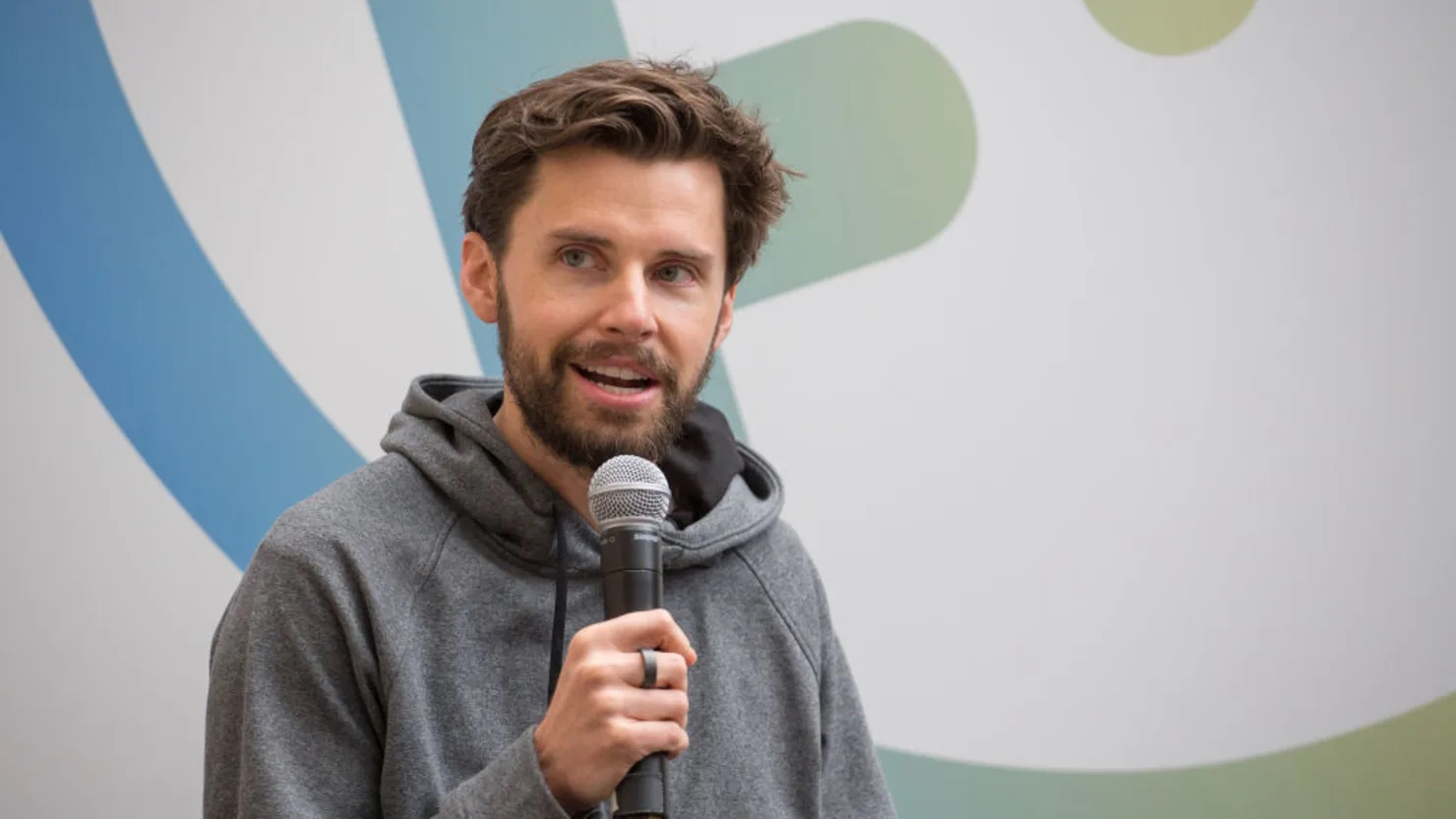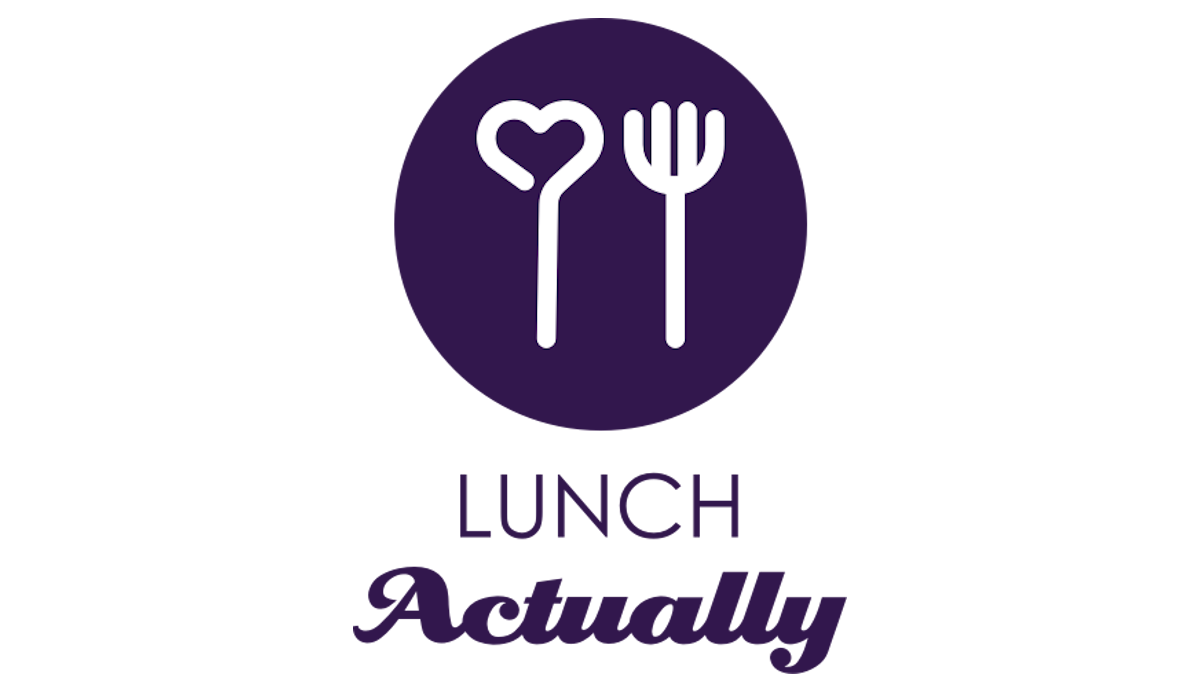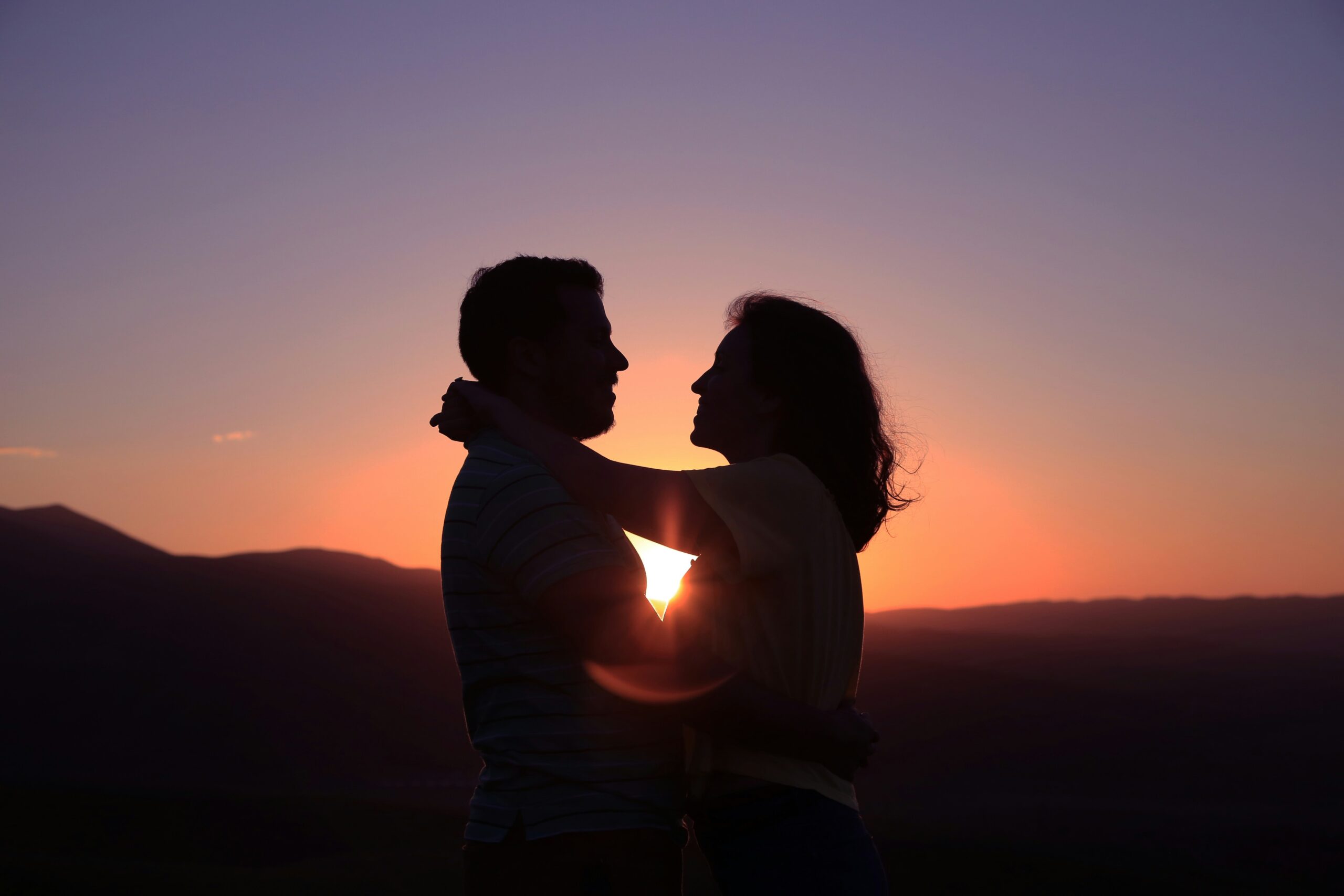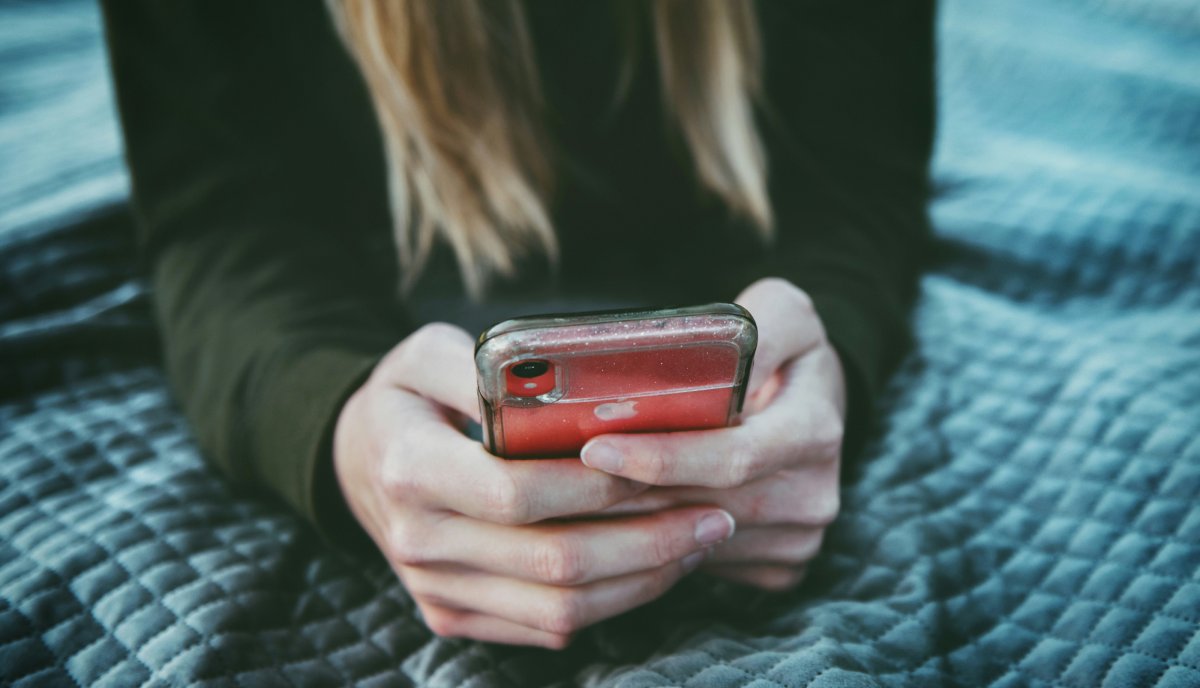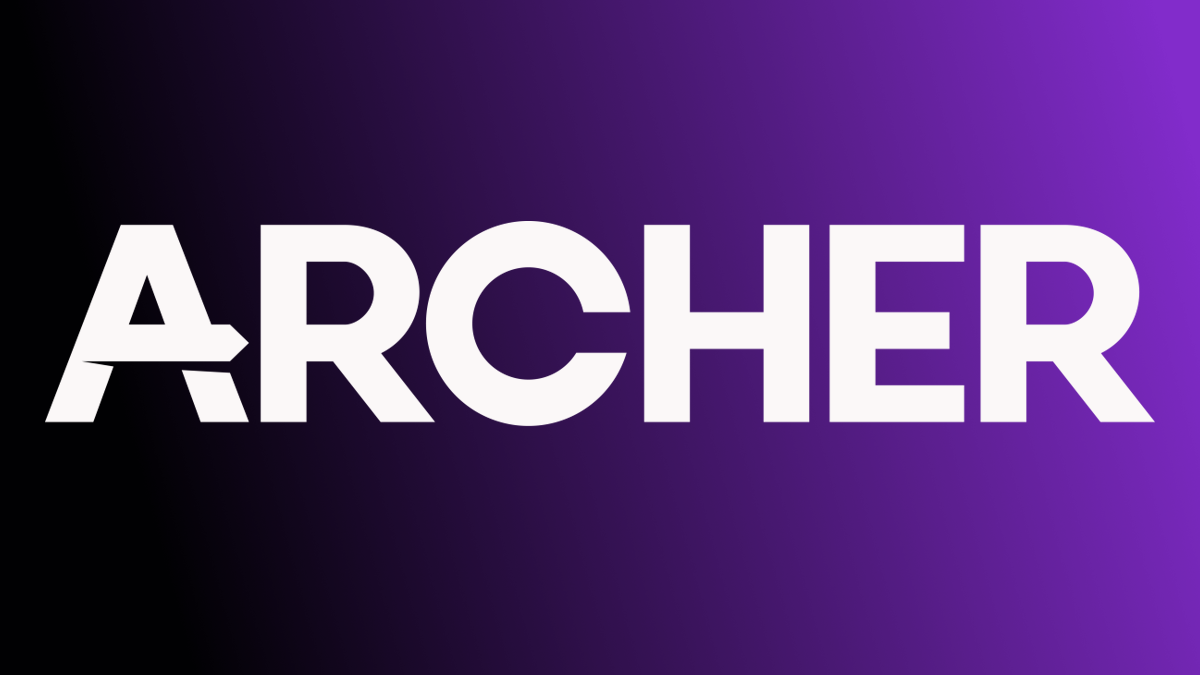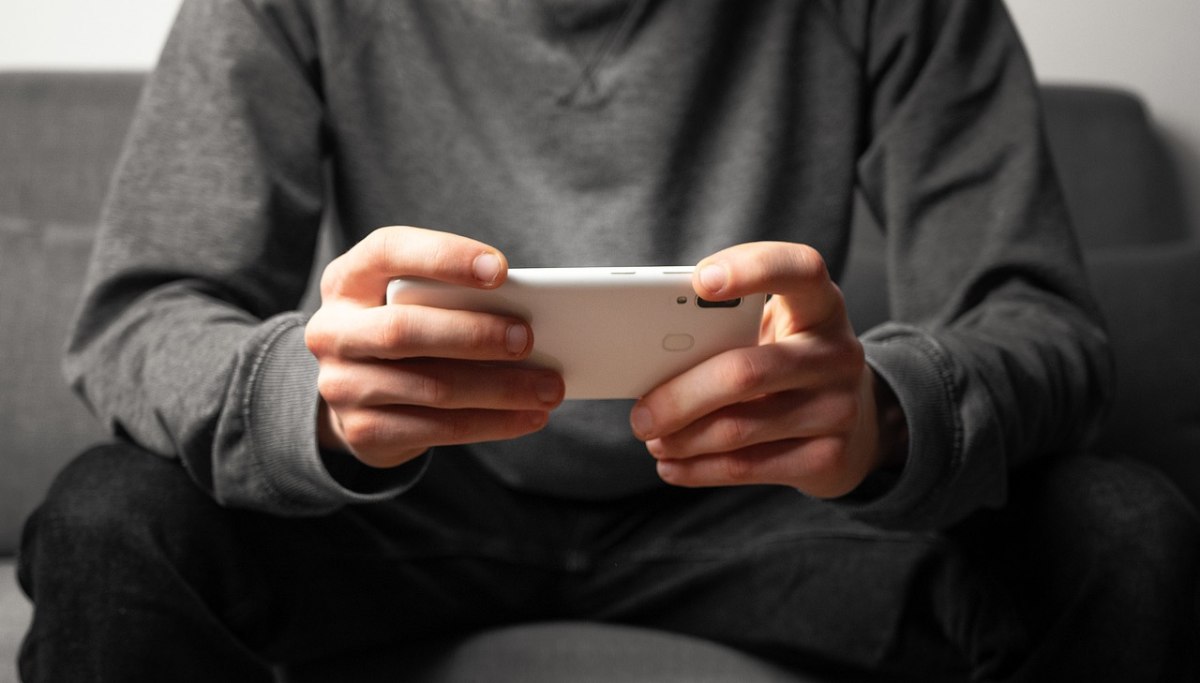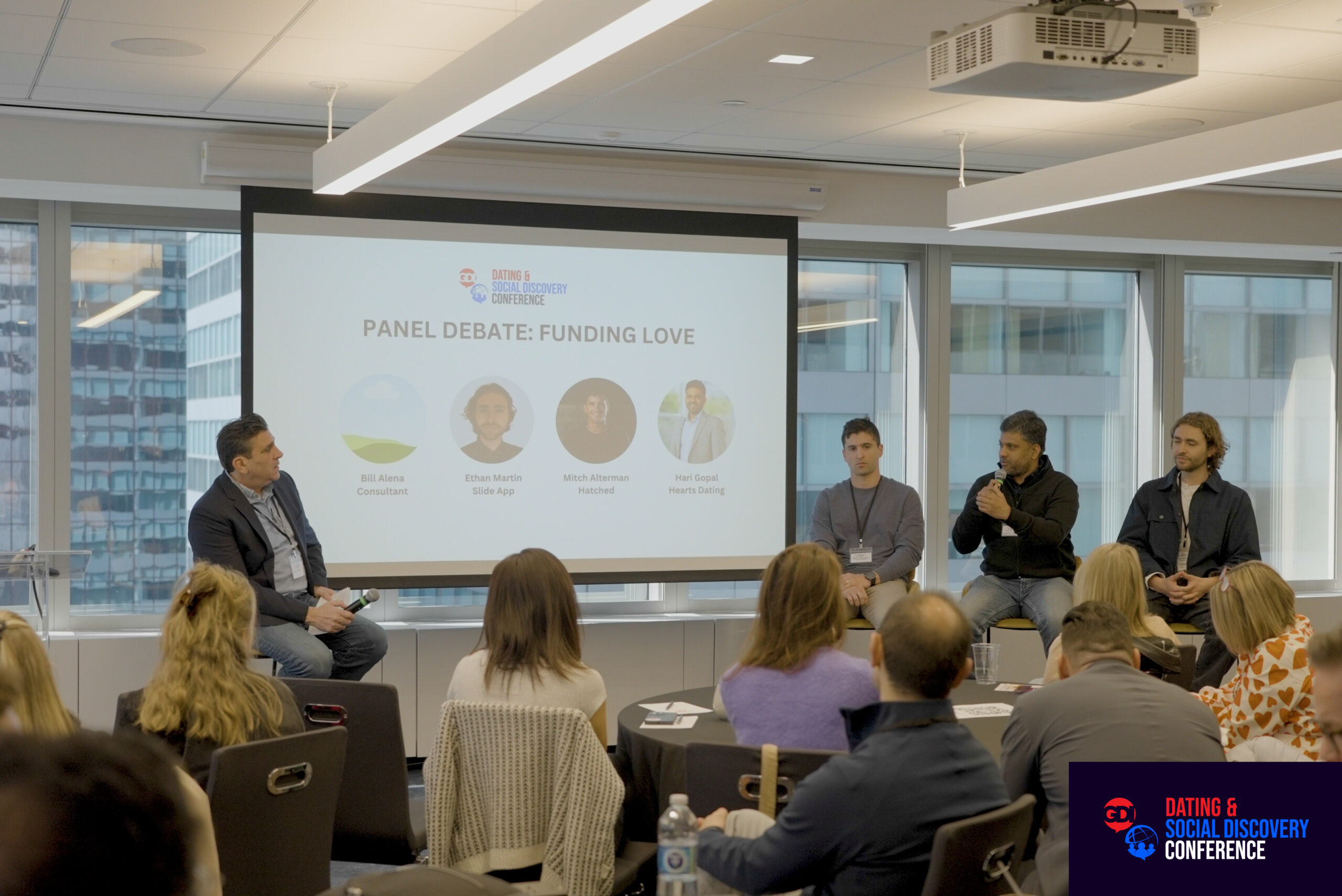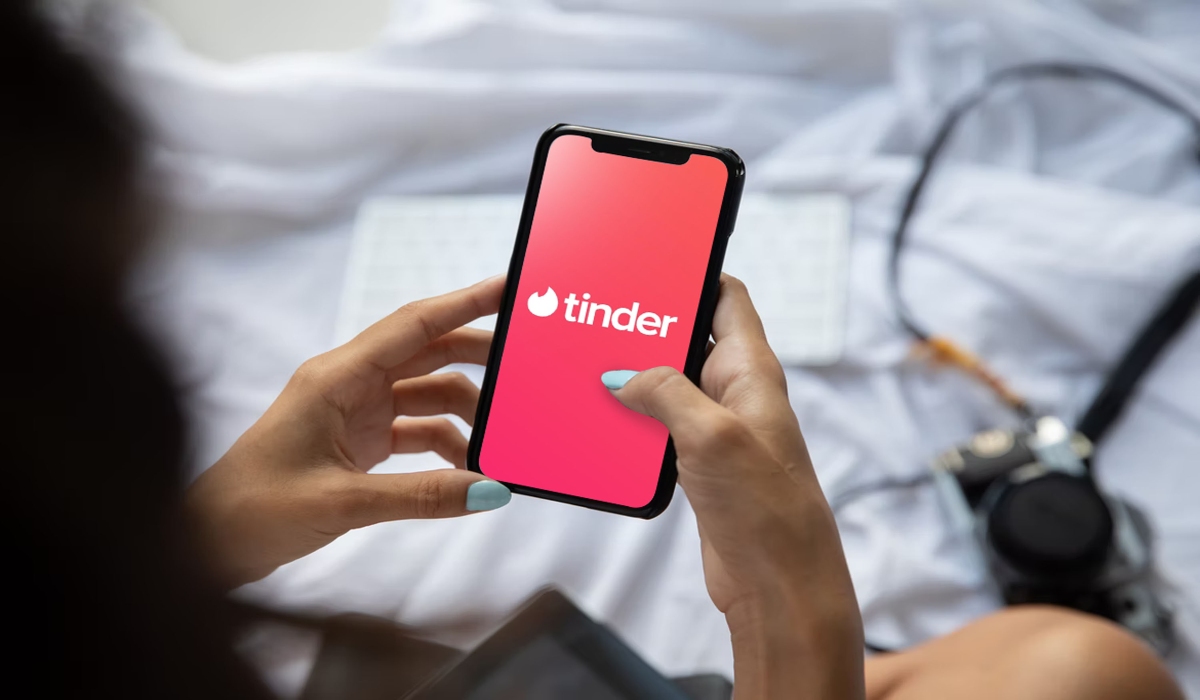A new study from the University of Michigan sheds light on the challenges Black women face when navigating online dating platforms, pointing to systemic issues rooted in platform design and algorithmic bias. Published in March, the research draws on interviews with 20 Black women aged 18 to 30 from across the United States and explores the emotional and social toll of digital dating for this group.
According to lead researcher Jasmine Banks, the interviews often turned emotional, with many participants expressing that it was the first time they had been asked to reflect on their experiences with dating apps. “It was very emotional in the way that most of them were like, ‘This is the first time I’ve ever been asked these questions or had a space to where I can actually express some of these feelings,’” she told The Michigan Daily.
Participants reported that their experiences online were often shaped by racialized stereotypes, misogynoir (combined racism and mysogyny), and microaggressions. Many expressed frustration with feeling less desirable on dating platforms and noted that algorithms appeared to suppress their visibility. The study also discussed how dating apps have historically employed ranking systems – such as the Elo score used by Match Group apps – that influence user exposure based on perceived desirability and engagement.
Banks emphasized that these systems, which lack transparency, can significantly limit the pool of potential matches for users from marginalized backgrounds. Fellow researcher Mel Monier added that dating app algorithms often reflect the biases of the predominantly white and male tech industry. “They are a reflection of the society that creates them,” Monier said, arguing that equitable design benefits all users, not just those currently underserved.
